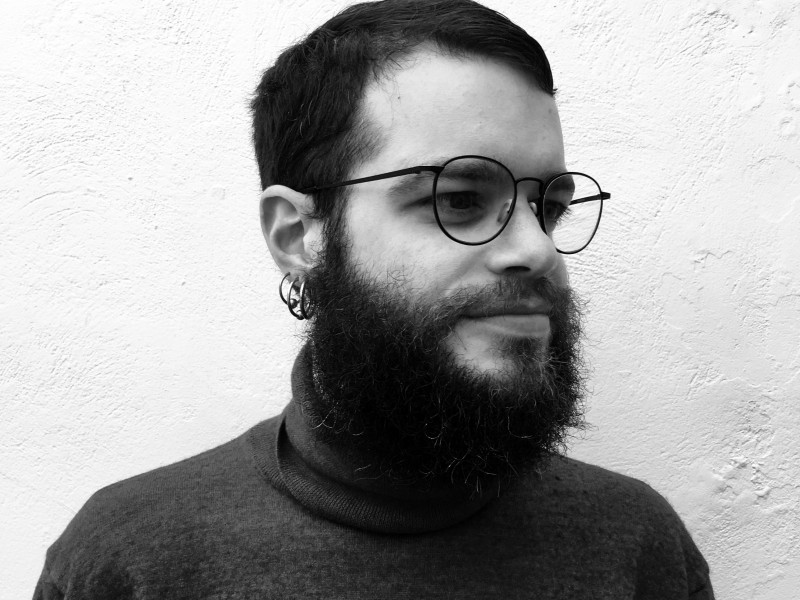 | Michiel De Proost |
-
01.02.2024-27.02.2024
Ethical Principles After Disruption
During my stay I will mostly focus on the second objective and evaluate which ethical principles have become problematic in practical medical decision making after the so called 'disruption' in medical ethics. Informed consent, for example, has long been accused of having become a legal tool to divert liability and responsibility from the physician to the patient and an excuse to justify treatment options that are risky or have a low efficacy, rather than warranting respect for the patient’s autonomy, protecting them from deception and coercion or enabling trust. The urgency of dealing with this problem will only increase with the introduction of new disruptive technologies, but at the same time new technologies might also enable options like dynamic consent when health data are used in a research context. This refers to enabling interaction between the participant and the researcher through an interface in order to improve transparency and public trust, while at the same times benefiting researchers by streamlining recruitment and enabling more efficient participant recontact. Other suggestions in the literature are the development of a system of participatory online governance to ensure that participants remain in control of the use of their medical data in research, lowering the chance that participants’ data are being used in a way that they would not approve of, regardless of what they originally may have consented to. Another suggestion that was made in the context of big data research in order to deal with the insufficiency of informed consent, is to embolden and reorient the concept of solidarity, aimed at obtaining collective control, ownership and oversight over the use of (medical) data to avoid deception and coercion in a way that informed consent often fails to do. EPAD will inventory these and other suggestions in the literature, explore additional innovative alternatives and evaluate the potential of such thorough, challenging, yet necessary rethinking of the medical ethics toolbox.
The direct outcomes of the residency will be: Innovative and thought-provoking suggestions for reform of medical ethics, which will in turn support the introduction of creative practical solutions for new ethical concerns in healthcare. Furthermore I will build mutually beneficial future collaborations with other scholars.







 Previous
Previous